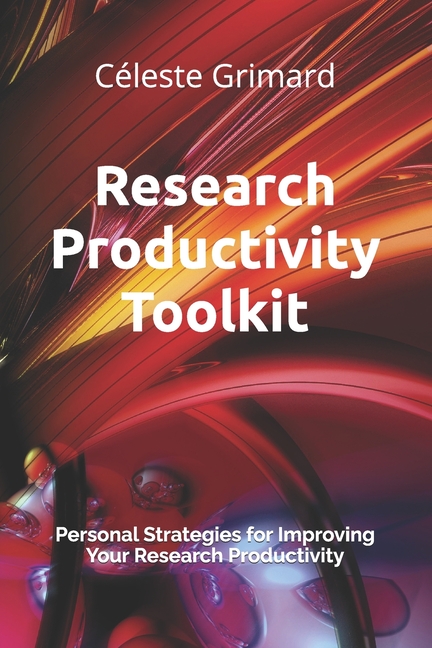Description
Told through honest, relatable conversations between two pre-tenure professors, Research Productivity Toolkit: Personal Strategies for Improving Your Research Productivity is an engaging, down-to-earth guide for navigating the complex world of academic research. With a focus on both the why and the how of research productivity, this book offers a toolbox of practical strategies, mindset shifts, and real-life examples designed to help you make meaningful progress-without burning out.
Written for PhD students, postdocs, and early-career faculty, the book blends research-informed advice with hard-earned academic wisdom. Across eleven key chapters, you'll explore topics such as:
How to define research productivity on your own terms-beyond metrics and external pressures
Ways to develop your research interests and stay strategically focused
Tools for writing with purpose, targeting publications, and handling feedback
Tips for finding mentors, managing collaborations, and navigating academic politics
Proven techniques for protecting your time, building discipline, and overcoming perfectionism and procrastination
Practical reflections on the personal cost of research and how to sustain a balanced life
Each chapter is paired with concrete "toolbox" exercises that can help you take immediate, focused action-whether you're stuck in a writing rut, drowning in service work, or simply trying to carve out space for deeper thinking.
Along the way, you'll learn how to recognize common traps (like saying yes too often, waiting for inspiration, or confusing busyness with progress), and how to make peace with the imperfect, uncertain, and deeply human process of doing academic work.
This isn't just a book about getting more done-it's about getting the right things done, in ways that align with your values, well-being, and long-term goals.
Truthfully, it's the book I wish I'd had when I was just starting out. It would have saved me countless hours of second-guessing, trial-and-error, and unnecessary stress. If you've ever felt overwhelmed, isolated, or unsure of how to move forward in your research life, you'll find a thoughtful, encouraging companion in these pages.
Product Details
- May 25, 2025 Pub Date:
- 9798747883208 ISBN-10:
- 9798747883208 ISBN-13:
- English Language




